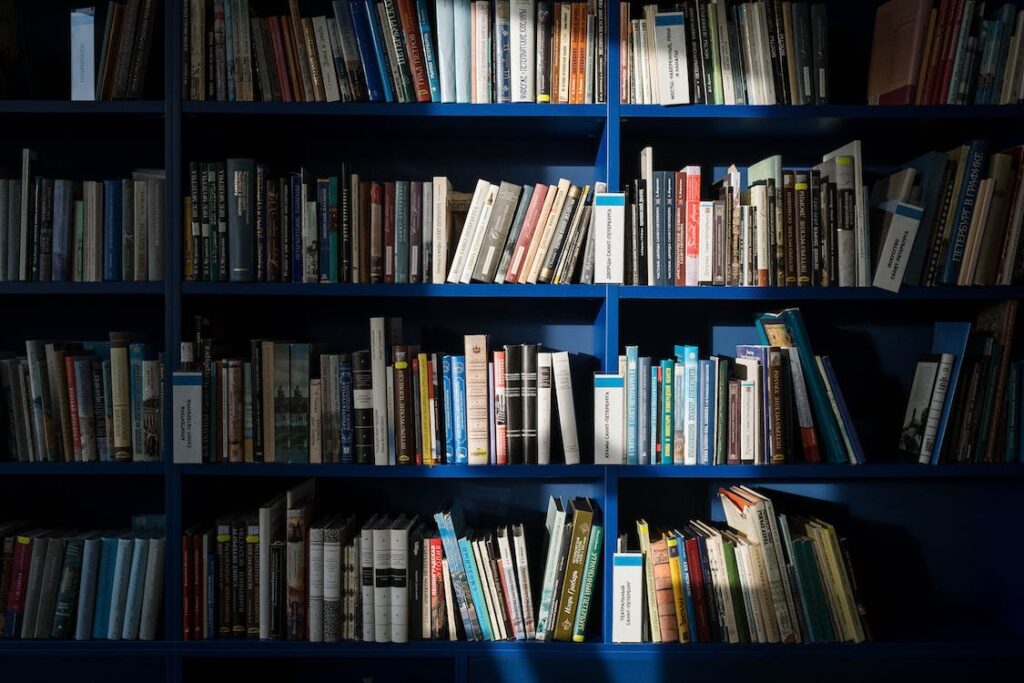How is Seeking Knowledge Important in Islam
- Arshad A Javed,

We are constrained by the traditional preachers that knowledge in Islam refers to knowledge of Deen only. We will try to find out with the help of Hadiths how far this narrative is correct. There are multiple Hadiths and Ayaats of the Quran which refute this kind of belief. Going through these Hadiths would reveal that the spectrum of knowledge recommended by Islam is extremely wide. Knowledge includes both, religious knowledge and those branches of knowledge that are beneficial to the welfare of individuals and human societies.
Let’s see some Ahadiths in this regard:
1. “Seek knowledge even as far as China.”
The term China is used to indicate howsoever far you must travel. China has never been any source of religious knowledge. It was not a proper place to learn Islamic teachings; rather, it was well-known for its industry. Islam originated in Arabia, and if the intent behind this statement was that one should only gain religious knowledge, the Prophet (SAW) would not have talked about traveling all the way to China, a very distant land with no connection to Islam during that time (nor even today) to gain knowledge. No knowledge of religion would ever be dispensed by a polytheist. It refers to any branch of knowledge; A new discovery, a new invention.
This Hadith is a clear indication that one should be open to learning new things from anyone irrespective of culture, race, or religion.
Debate on this Hadith
Many scholars most notably Sheikh Albani (died 1999) declared this narration as weak. But this grading was rejected, among others, by al-Suyuti in al-La’ali’ (1:193), al-Mizzi, al-Dhahabi in Talkhis al-Wahiyat, al-Bajuri’s student Shams al-Din al-Qawuqji (d. 1305) in his book al-Lu’lu’ al-Marsuʿ (p. 40 #49), and notably by the Indian muhaddith Muhammad Tahir al-Fattani (d. 986) in his Tadhkira al-Mawduʿat (p. 17) in which he declares it hasan. This Hadith has been in wide circulation and is graded as HASAN MASHHūR – “fair, famous” ……Allah knows best)
2. “The word of wisdom is the lost property of the believer. Wherever he finds it, he is most deserving of it.”
Abu Huraira reported: The Messenger of Allah, peace and blessings be upon him, said, “The word of wisdom is the lost property of the believer. Wherever he finds it, he is most deserving of it.” (Source: Sunan al-Tirmidhī 2687)
This Hadith explains that a believer is always keen to get wiser and as soon as he comes across something inspiring wisdom, he should immediately adopt it and put it to practice. It clearly means that one should be open to learning new things from anyone irrespective of culture, race or religion.
3. “Seeking knowledge is an obligation upon every Muslim”
Anas ibn Malik reported: The Messenger of Allah, peace and blessings be upon him, said, “Seeking knowledge is an obligation upon every Muslim.” (Source: Sunan Ibn Mājah 224)
4. Continuity of rewards even after death:
The usefulness of knowledge for the society has received a strong emphasis in the Islamic tradition. Thus, e.g., we have from the Prophet Muhammad (SAWS) that: “When a man dies, his good deeds come to an end, except three: Ongoing charity, beneficial knowledge, and a righteous child who will pray for him”. (Source: Saheeh Muslim 1631).
This Hadith talks about ‘knowledge from which people can benefit’. Just imagine millions of inventions in medicines and technology that have benefitted mankind for ages and will continue to do so. Shouldn’t Muslims be a major contributor to science and technology?
5. Seeking Useful Knowledge and abstaining from Useless Knowledge
The Messenger of Allah (SAW) said: “Ask Allah for beneficial knowledge and seek refuge with Allah from knowledge that is of no benefit.” (Source: Sunan Ibn Mājah 3843)
This is the beauty of Islam that it prohibits people from harming themselves by gaining knowledge which would benefit neither them nor others. For example, learning art of sorcery, gambling etc.
It therefore proves without doubt that, in addition to knowledge of Deen. one should seek modern scientific knowledge which allows us to develop new technologies, solve practical problems, and make informed decisions — both individually and collectively. Scientific knowledge is responsible for creating new technologies. This knowledge is so useful and productive that no nation can lead a respectful life without it.
(Note: All our articles are expression of opinion based on ayaats of the holy Quran and authentic Hadiths. We produce ayaats and Hadiths in support of our opinion. We are not in the business of providing any fatwa or ruling)
Good informative article. This Quranic verse also highlights the very importance of seeking knowledge distinguishing between the knowledgeable and an illiterate as Allah says, “say, ‘Are those who know equal to those who do not know?’ Only they will remember [who are] people of understanding.” (Az-Zumar: 9).
Thank you for this valuable input. I will incorporate this as well in the article.
Dear Arshad Assalamualaikum wr wb
Your article ‘ How is seeking knowledge important in Islam ‘ is a wonderful article of all times۔ It’s an eye-opener for all of us۔
Being very honest to you. I personally feel that actually, you are just a great person because of the very manner in which you actually share your knowledge and provide awareness no one hardly does these days. It will certainly help all of us to pay attention on other aspects of seeking knowledge۔ Thank you so much for taking time out and your knowledge sharing۔
Thank you very much Saboor for the wonderful compliment. I do not deserve this but it shows your love and respect.